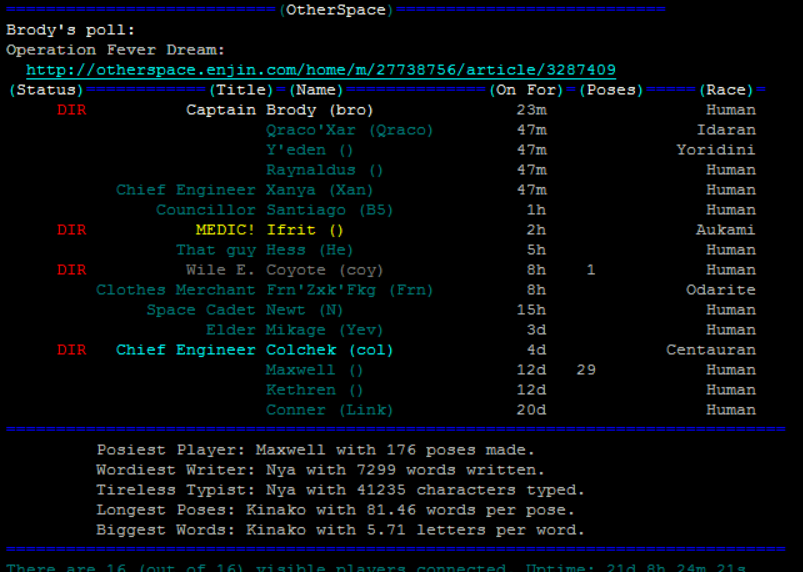This column appeared in The Herald-Sun in 2013:
I have some great memories of my teenage years, when I worked in the tunnel stockrooms beneath the Magic Kingdom at Walt Disney World.
The job itself was mundane: I stocked shelves with coon-skin caps and Mickey Mouse sweatshirts. On stormy days, we made emergency runs throughout the park to deliver plastic rain ponchos.
But, during our breaks, we indulged ourselves in games of hackey sack, raced around the warehouse on pallet jacks and hurtled each other down shelving aisles on rolling swivel chairs in absolute, blissful disregard of safety rules.
For many years, I fell out of touch with people like John Gregory, Chris Tocco and Lance Hurley – some of my first co-workers during a pivotal time in my young life in the 1980s.
I only managed to reconnect with them through Facebook in the past few years.
In recent weeks, the University of Michigan rolled out yet another study that insists that Facebook makes people sad. Dig a little deeper, and one finds that the study focused only on 82 people out of 700 million Facebook users worldwide.
That’s not much of a representative sampling. It’s like claiming to know all the species of trees in a vast forest based on a small scattering of leaves.
Most of those involved in the study were in their teens or 20s.
Ellis Hamburger, writing for The Verge, criticized the study for its focus on college-age people: “But college is the place where Facebook was built, and it is arguably the period in a modern person’s life when Facebook is most heavily used. It’s like going to a bar to study the effect of booze and talking exclusively to the alcoholics.”
Well, if I was 20 and spending all my time fiddling around on Facebook, I’d probably feel depressed too. Get out of the Internet and have some real fun, kids.
But I turn 47 in a couple of weeks.
I’ve attended high school and college, meeting many students and teachers. I’ve had multiple jobs, including two major careers, yielding connections with sources and fellow professionals. I’ve made new friends through my wife and my church. I’ve got relatives scattered across the United States.
For me, Facebook serves as a great hub to bring together all these lives I’ve lived.
It’s no substitute for face-to-face contact or an occasional letter or phone call. But it makes it possible for me to know when former co-workers endure another layoff and do my best to support them, when friends welcome new babies into the world or when relatives mourn the loss of a pet.
For me, it’s just a big blue-and-white modern Rolodex that lets me keep easy tabs on people I know in a central location.
I’d feel sadder without it.


